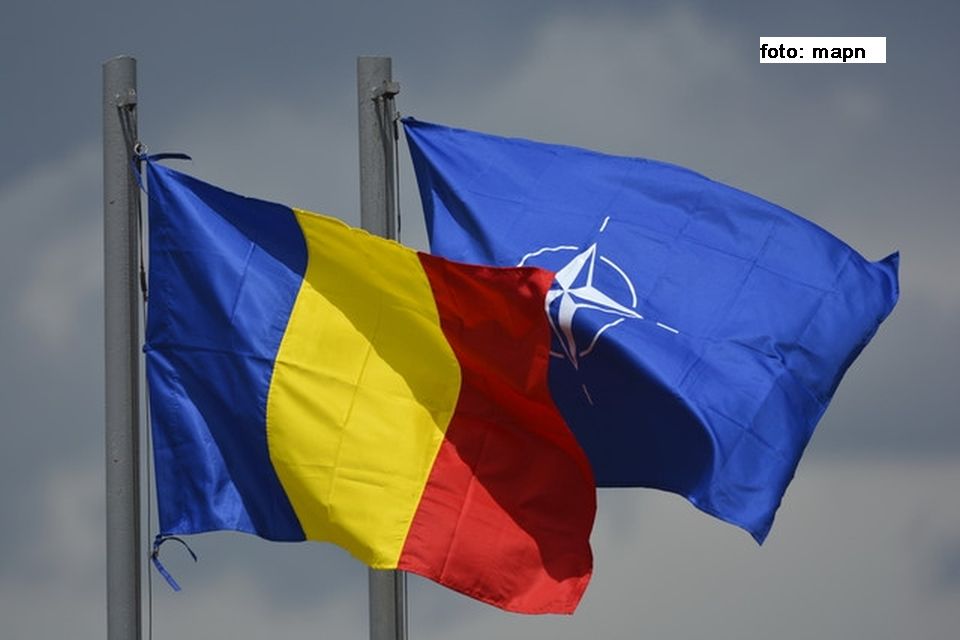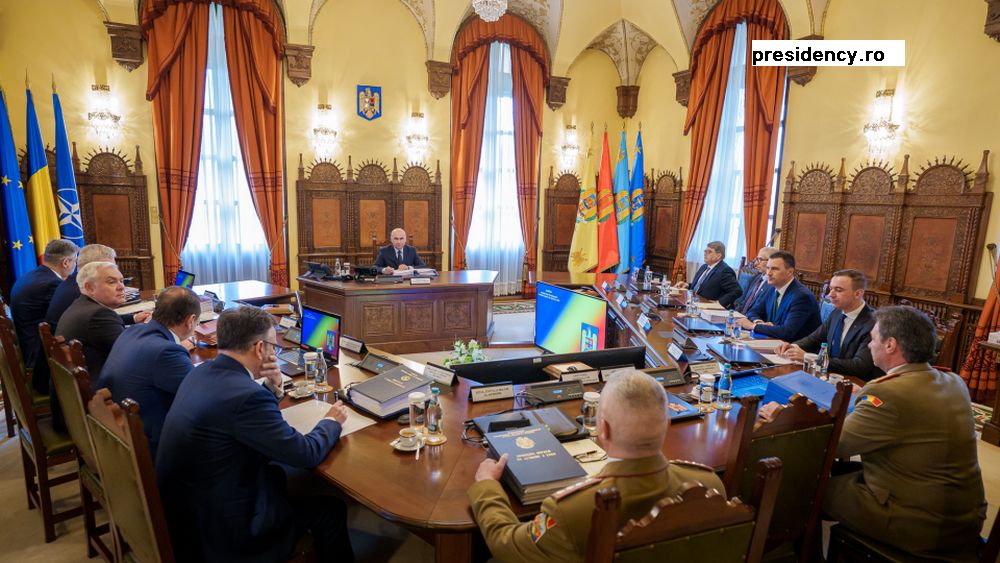Steps towards a majority government and parliament
The pro-Europeans in the future Parliament have agreed to form a parliamentary majority and the government.

Ştefan Stoica, 11.12.2024, 14:00
The pro-Europeans in the future Parliament have agreed to form a parliamentary majority and the government.
On December 4, the PSD, PNL, USR, UDMR and the group of national minorities signed a document that was intended to be a pact for a pro-European and Euro-Atlantic coalition. This took place shortly after the parliamentary elections and the validation, by the Constitutional Court, of the first round of the presidential elections, and before what was supposed to be the second round, on December 8. The pact was aimed to block the access to the position of head of state to the independent candidate Călin Georgescu, a pro-Russian extremist and anti-West candidate, whose victory in the first round had stunned and worried Romania’s strategic partners. The December 4th pact spoke about forming a coalition for stability and modernization, a commitment to development and reforms and the reaffirmation of Romania’s European and Euro-Atlantic path. In the end, the signatories called on citizens to vote, in the second round, in an informed and rational manner, to choose a pro-European, democratic and secure Romania and to reject isolation, extremism and populism.
On December 6, the Constitutional Court of Romania (CCR) cancelled the presidential election, motivating that the entire election process was flawed, with Călin Georgescu being the beneficiary. Even though he seems to be out of the competition, the parties which would have supported him in the second round and which share, at least in part, his ideas, namely the AUR, SOS Romania and POT, are in Parliament, where they hold a third of the mandates. Against this background, PSD, PNL, USR, UDMR and national minorities other than the Hungarian one, renewed their commitments, prior to the CCR ruling.
After further talks, the pro-European parties pledged to form a pro-European majority in Parliament and a pro-European government and to support a possible joint pro-European candidate in the presidential elections. In keeping with this commitment, the four parties and representatives of national minorities will work on a joint governing program, based on development and reforms and which will take into account the priorities of the Romanian citizens. The signatories have agreed that a concrete plan is needed to streamline and reduce public spending and red tape in public administration. They have also agreed to increase the current pace of investments and reforms under the National Recovery and Resilience Plan. The pro-European parties have also committed to increasing trust in institutions and the political class, to bring more transparency in public spending and more respect for citizens.
George Simion, the leader of AUR, the flagship party of the sovereigns’ bloc in Parliament, has criticized in harsh terms the pro-European parties, accusing them of clinging to power. The future Government will only be known after the new Parliament is sworn in, on December 21st. Its priorities will include drawing up the next year’s budget and the establishment of the calendar for the presidential elections.






























